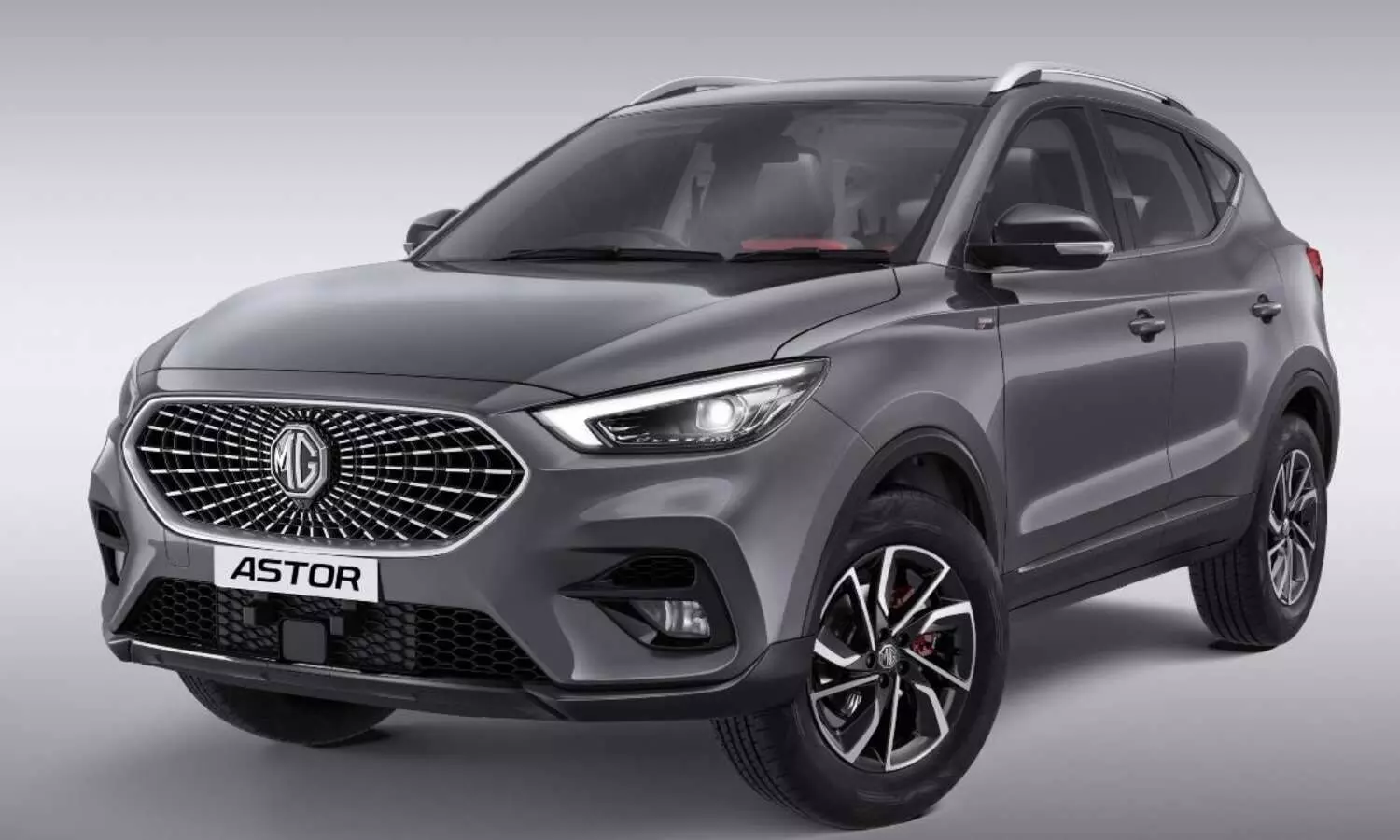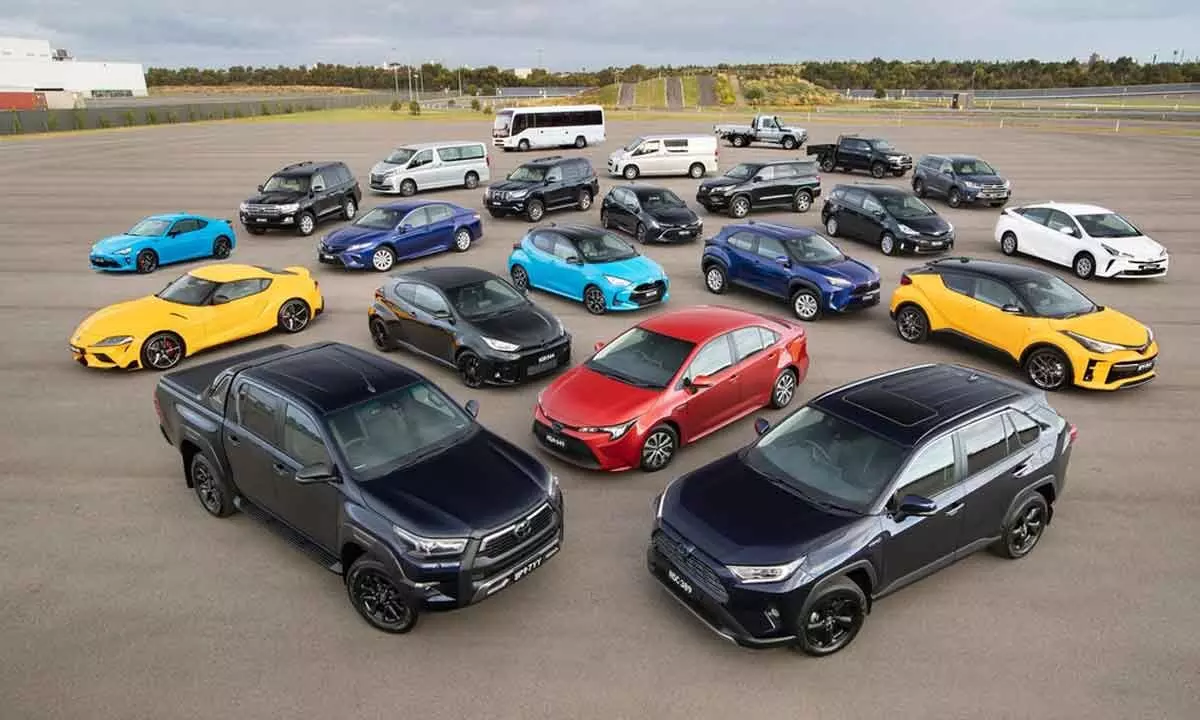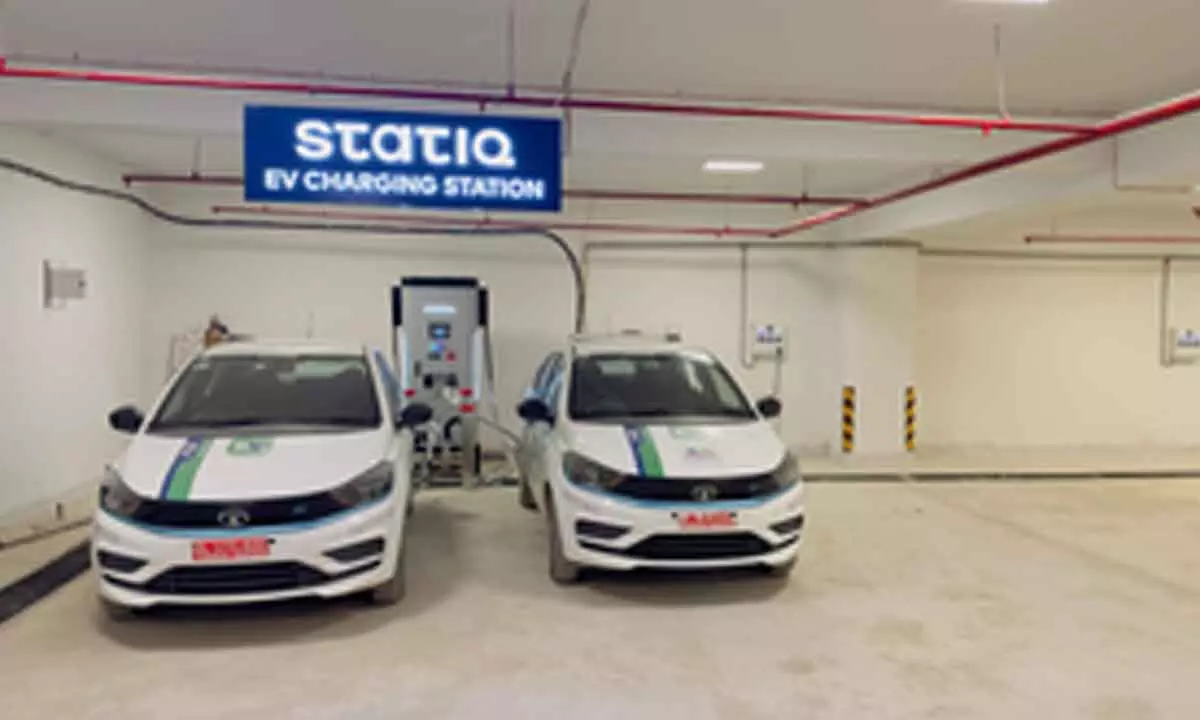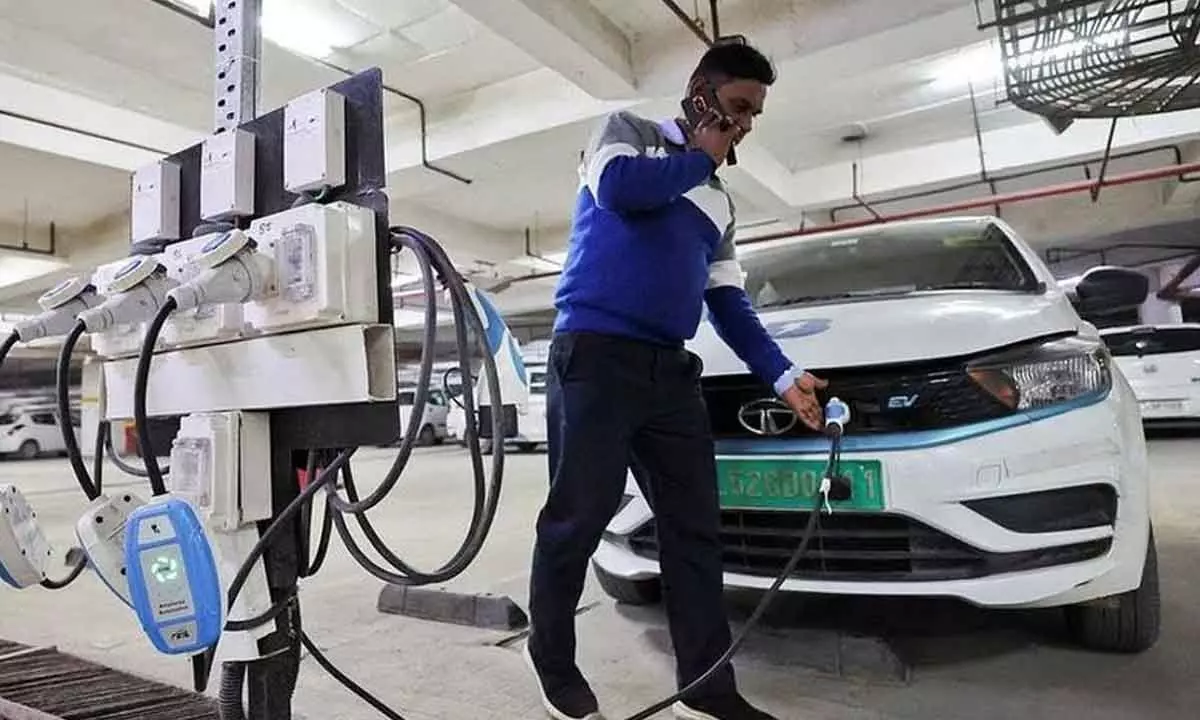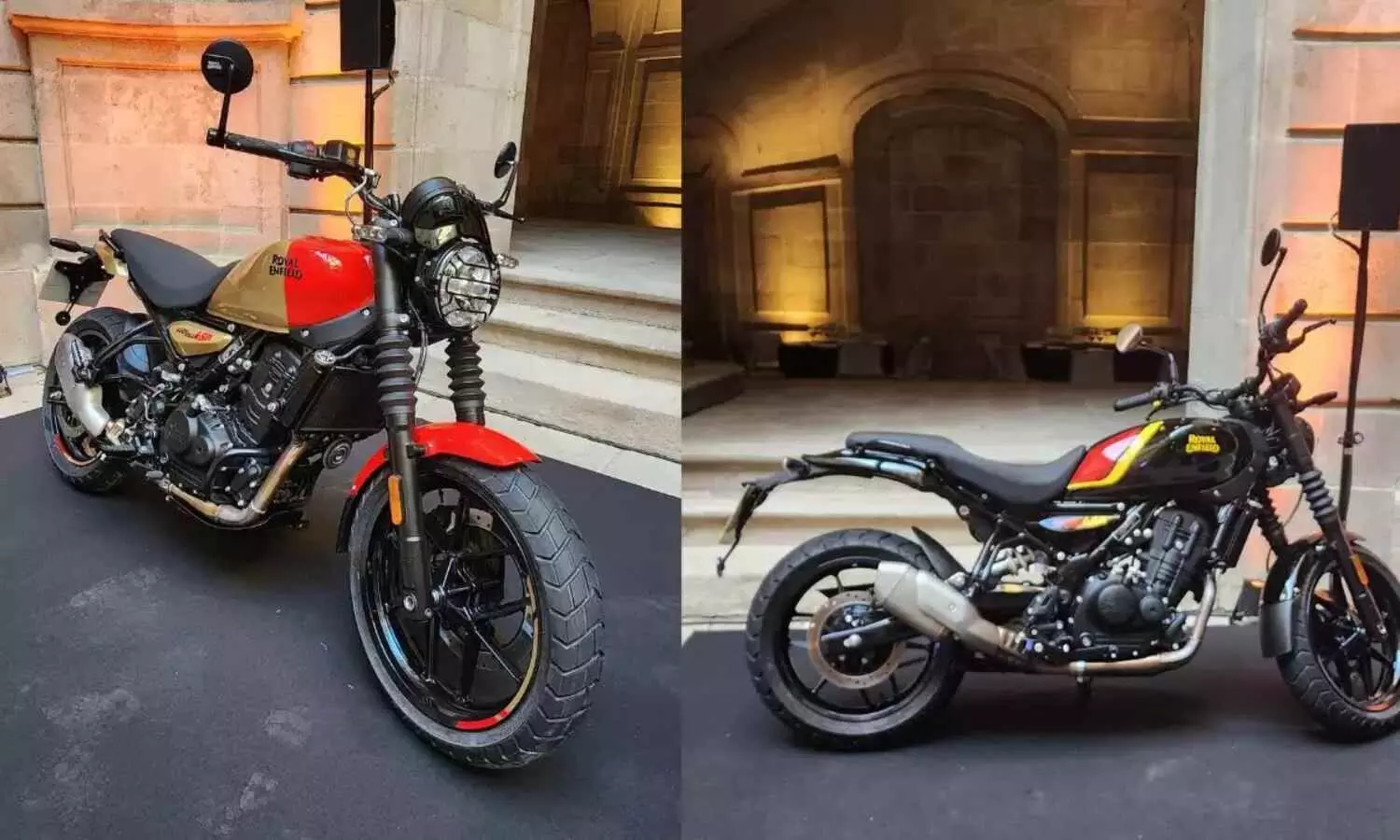Mercedes-Benz introduced two new BEVs in India: the EQA 250+ and the EQB 350 5-seater. These models aim to expand Mercedes-Benz’s BEV portfolio. Targeted at young individuals and families, these BEVs support the company’s EV roadmap for the Indian market, which includes six BEV models by the end of 2024, covering various customer needs. Mercedes-Benz India is also enhancing its charging infrastructure across its Franchise Partner network, with DC Fast and Ultra-Fast Chargers (60 kW and 180 kW), and complimentary AC wall box chargers for customers.
Sales Performance:
Mercedes-Benz recorded its highest-ever H1 sales in India with 9,262 units, a 9% increase compared to H1 2023. SUV sales represented 55% of total sales, with a significant demand for the TEV segment, which comprised 25% of total sales. The Maybach portfolio grew by 108% in H1 2024. The BEV portfolio grew by 60%, making up 5% of total sales volumes.
Product features:
The EQA 250+ and EQB 350 4M are targeted at young customers seeking practical, intuitive BEVs. The EQA 250+ is equipped with features like a high-resolution head-up display, Burmester® Surround Sound System with Dolby Atmos and 12 speakers, augmented reality navigation, and MBUX Interior Assistant with gesture control. They also include THERMOTRONIC® dual-zone automatic climate control, PARKTRONIC® Parking Package with a 360° camera, and remote services through Mercedes Me Connect. Safety features comprise seven airbags, blind spot assist, active brake assist, and the PRE-SAFE® safety system. Both models feature 19” AMG alloy wheels.
Pricing:
- EQA 250+: INR 66 lakhs (all-India ex-showroom).
- EQB 350 (5-seater): INR 77.5 lakhs (all India ex-showroom).
- EQB 250+ (7-seater): INR 70.90 lakhs (all India ex-showroom). Bookings open for Jan 2025 deliveries.
Financial Solutions:
Mercedes-Benz Financial Services offers a financial solution with a 20% down payment for a 4-year tenure, resulting in an approximate EMI of ₹68,000 and a buy-back guarantee of 67% for the EQA 250+.
Technical Specifications:
The EQA 250+ and EQB 250+ share similar dimensions and a 70.5 kWh battery, with WLTP ranges of 497-560 km and 464-535 km, respectively. The EQB 350 4M features a 66.5 kWh battery with a range of 397-447 km. The EQA 250+ and EQB 250+ have 140 kW power output and 385 Nm torque, while the EQB 350 4M has 215 kW and 520 Nm. Acceleration from 0-100 km/h is 8.6 seconds for the EQA 250+, 8.9 seconds for the EQB 250+, and 6.2 seconds for the EQB 350 4M. All models reach a top speed of 160 km/h. AC charging times are 7 hours 15 minutes for the EQA 250+ and EQB 250+, and 6 hours 45 minutes for the EQB 350 4M. DC charging times are 35 minutes for the EQA 250+ and EQB 250+, and 32 minutes for the EQB 350 4M.
Santosh Iyer, Managing Director & CEO, Mercedes-Benz India, stated, “Mercedes-Benz remains the most desirable luxury brand in the Indian market owing to continued customer trust in our products and services. With some of the most awaited products lined up for the upcoming festive season, we expect the remaining quarters to continue the forecasted growth. Customers are increasingly adopting sustainable lifestyles, reflected in their choice of vehicles. With the EQA and EQB, we target young customers desiring sporty, dynamic, highly intuitive BEVs. Our BEV roadmap for India is ambitious, comprising the most versatile BEV portfolio, starting from the EQA up to the upcoming EQS Maybach SUV, by end of the year.”
Also read: Mercedes-Benz launches luxury EV EQS 580 4MATIC in India at INR 1.55 crores
Subscribe & Stay Informed
Subscribe today for free and stay on top of latest developments in EV domain.


